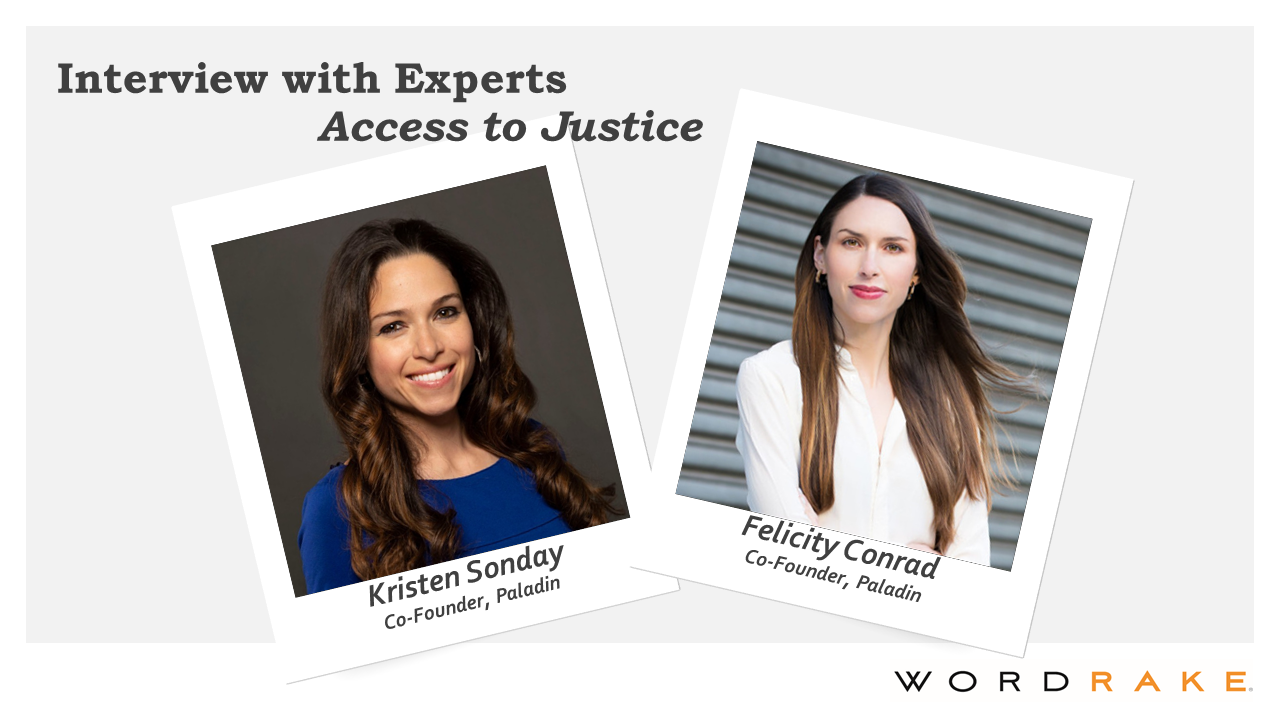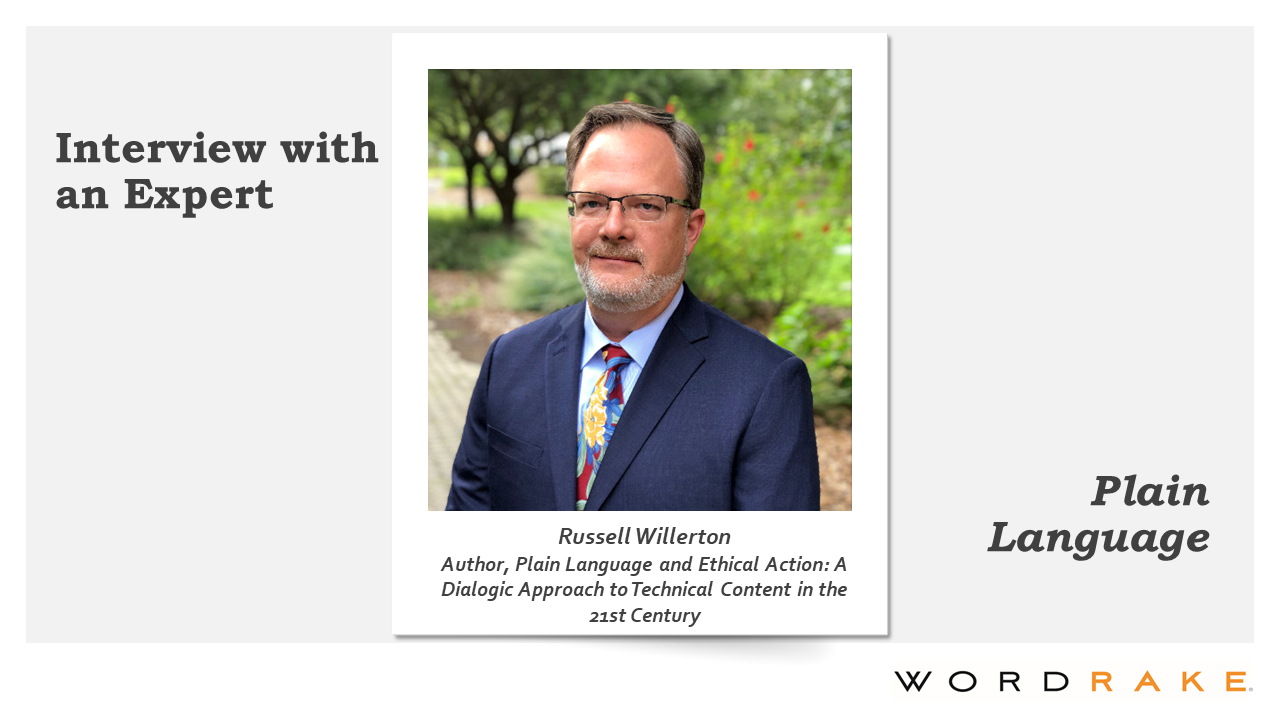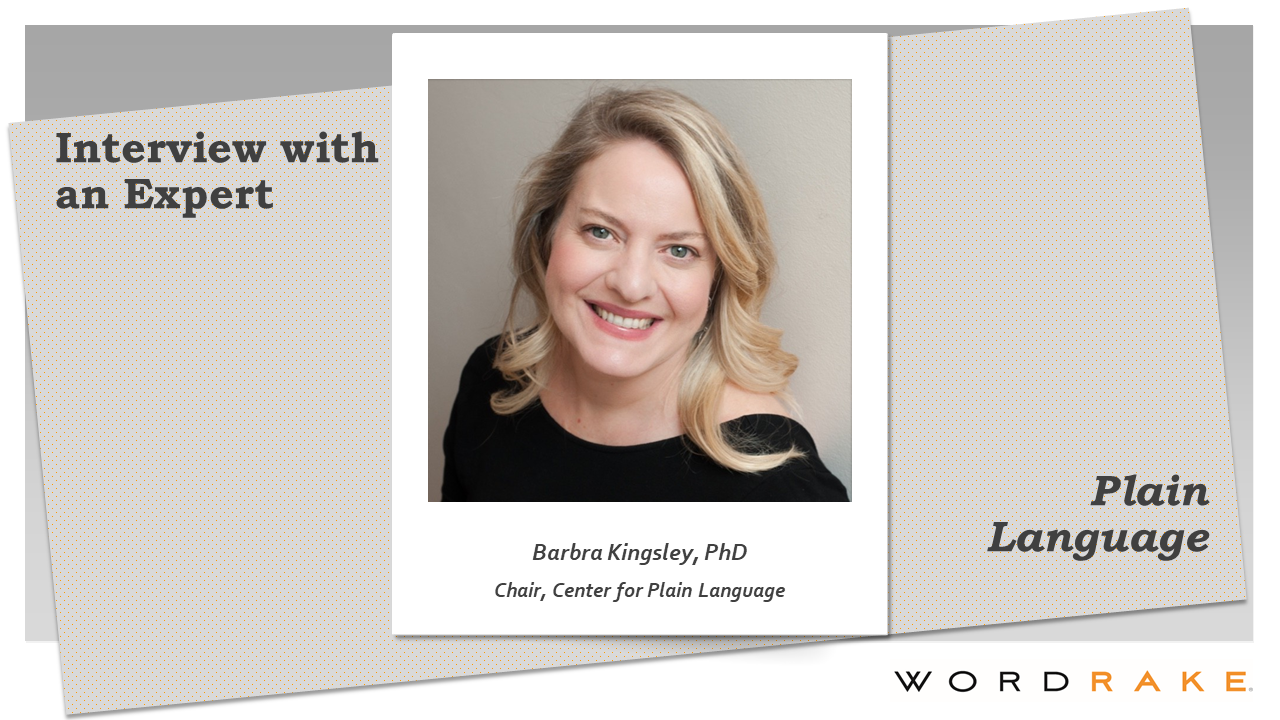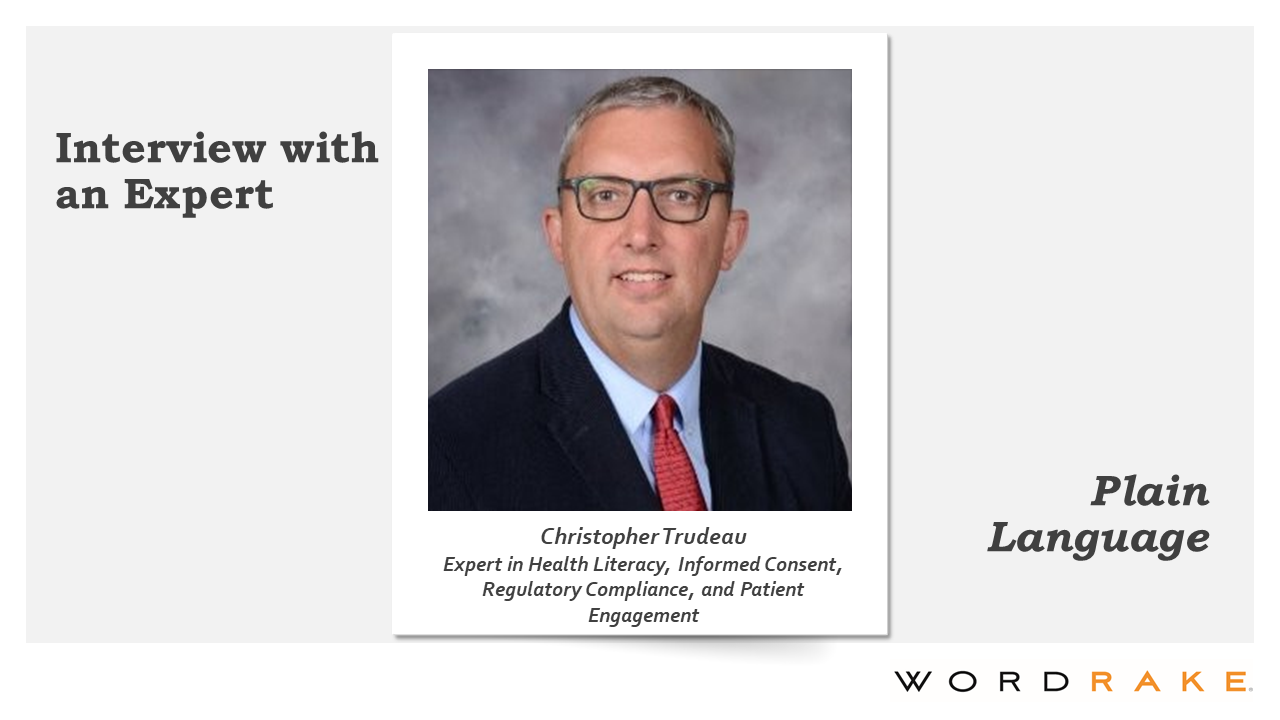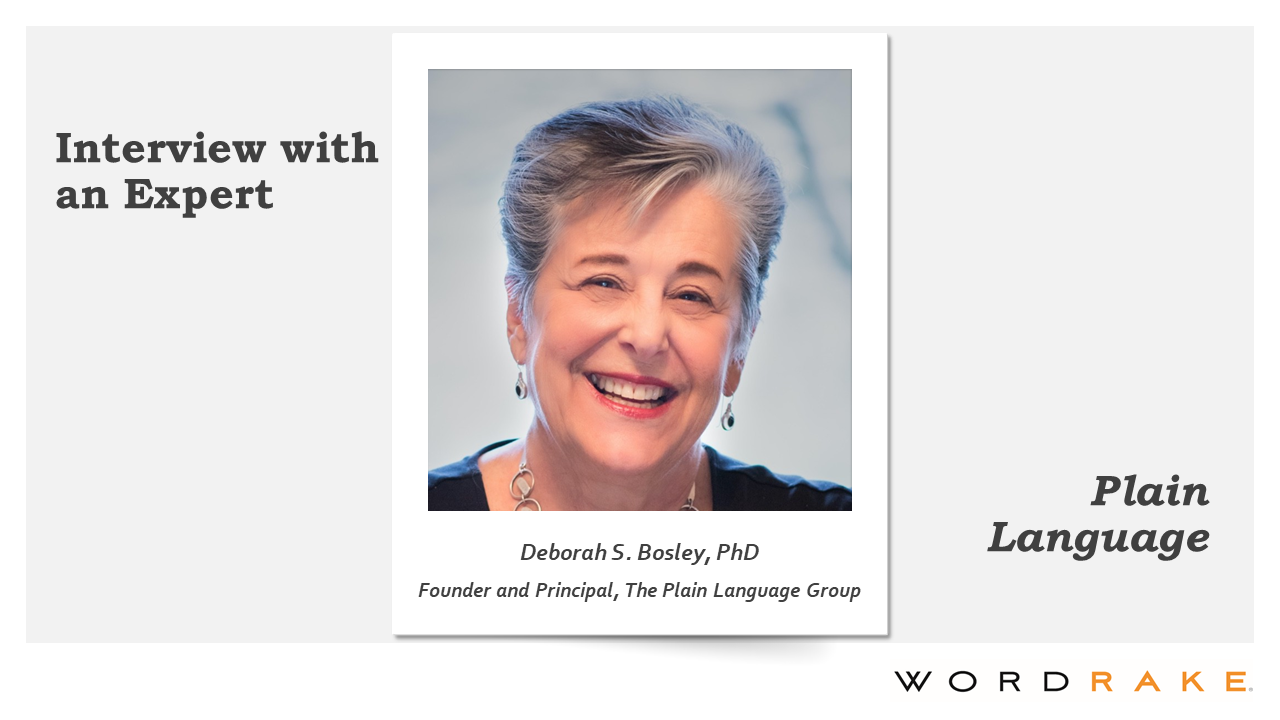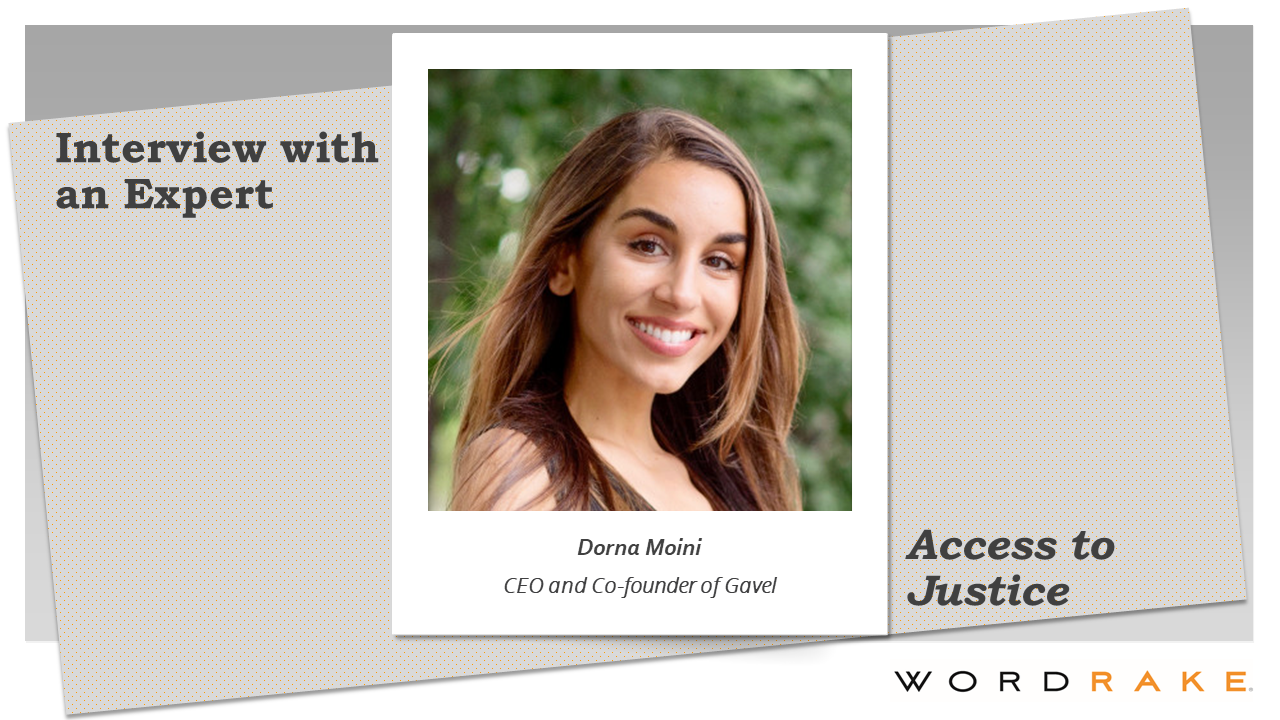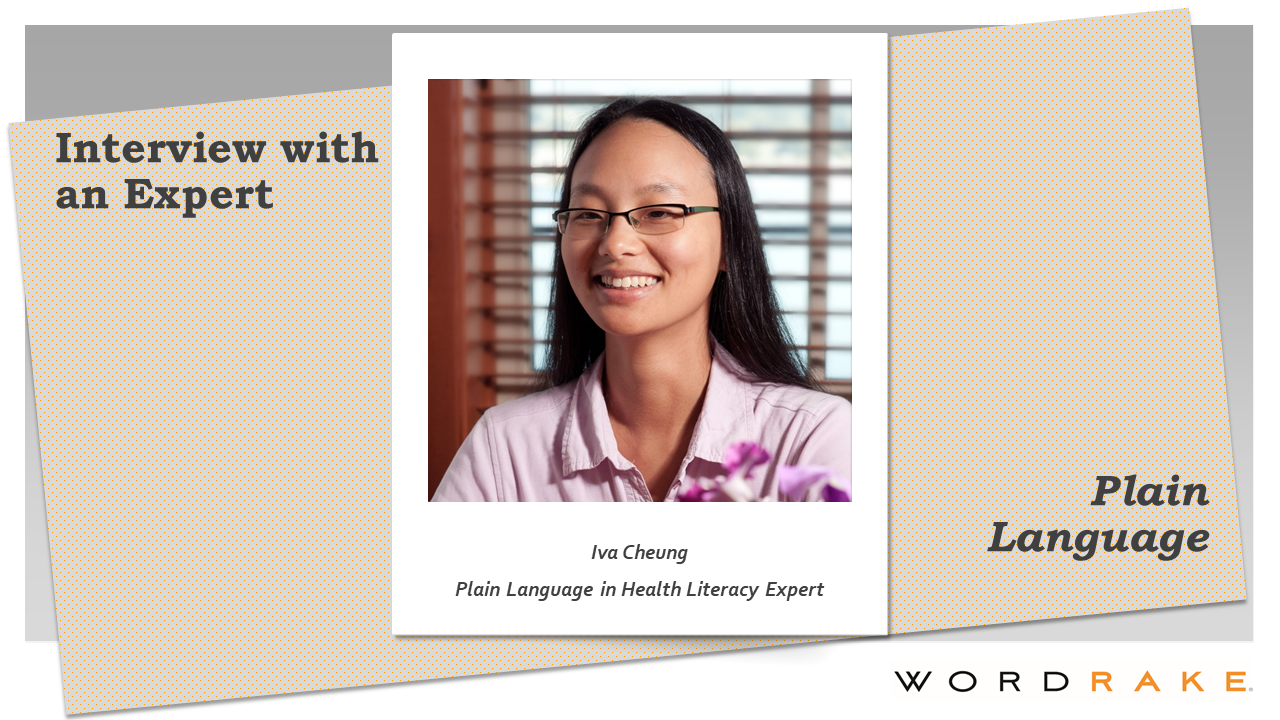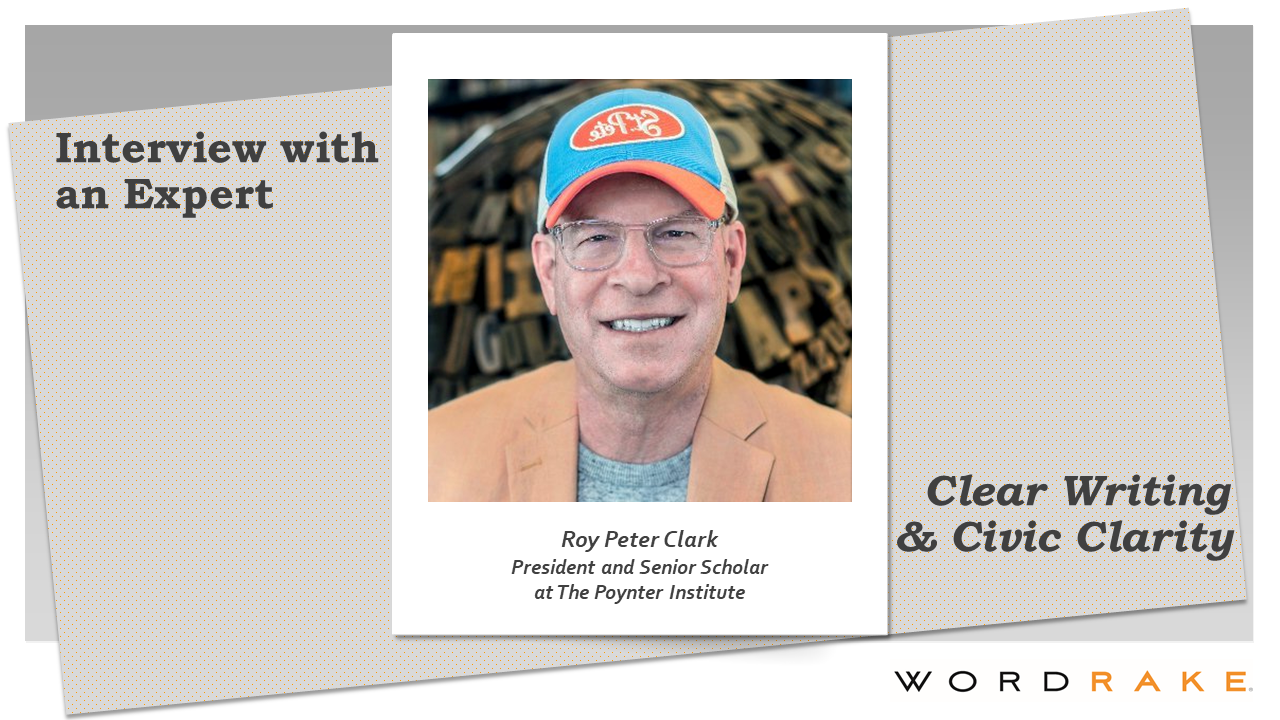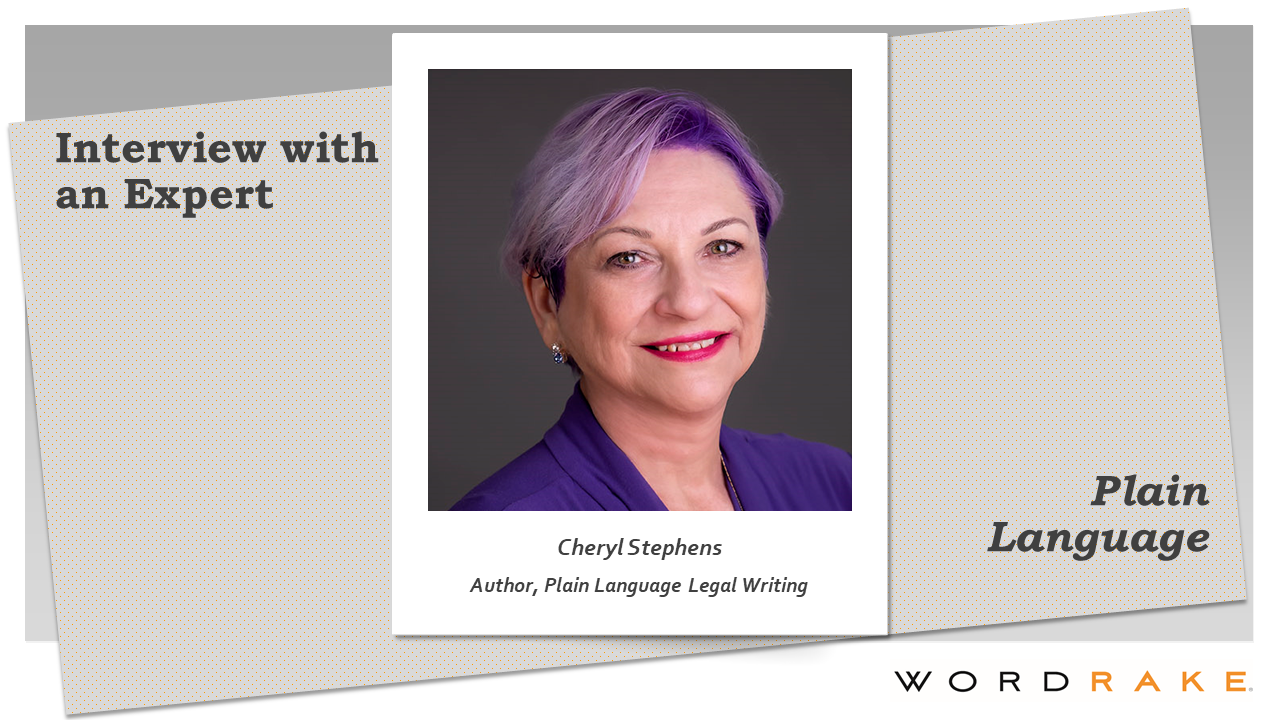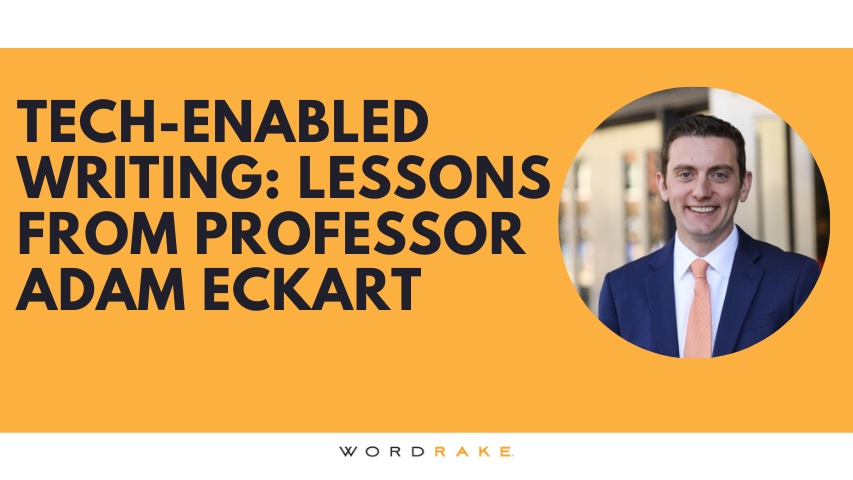Have you ever considered that legalese might be a barrier to lawyers’ understanding, too? Once lawyers get outside of their practice area, the language they encounter feels like confusing legal jargon. This makes it harder for lawyers to volunteer to help everyday people who need legal services. So even when there’s the desire to help—and an elegant, streamlined structure to facilitate helping, like Paladin—confusing legal language still diminishes lawyers’ ability to provide legal services.
It’s eye-opening to discover that legal jargon confuses lawyers, too. And it’s heartbreaking to realize how that impacts access to justice. But access to justice entrepreneurs Felicity Conrad and Kristen Sonday are changing that. They’ve built a technology platform to help legal teams run more efficient pro bono programs, and as part of that effort, they’ve tackled how access to justice is wrapped up in jargon.
We spoke with Felicity and Kristen about how plain language impacts access to justice. In this interview, they illustrate how language is an ever-present issue: from top-25 languages that are entirely unrepresented in law; to legal euphemisms that obscure the social justice implications of laws; to the legalese that makes it hard for lawyers to help the public. These insights will make you re-think what you think you know about legal communication. Read the interview now.
Continue reading
